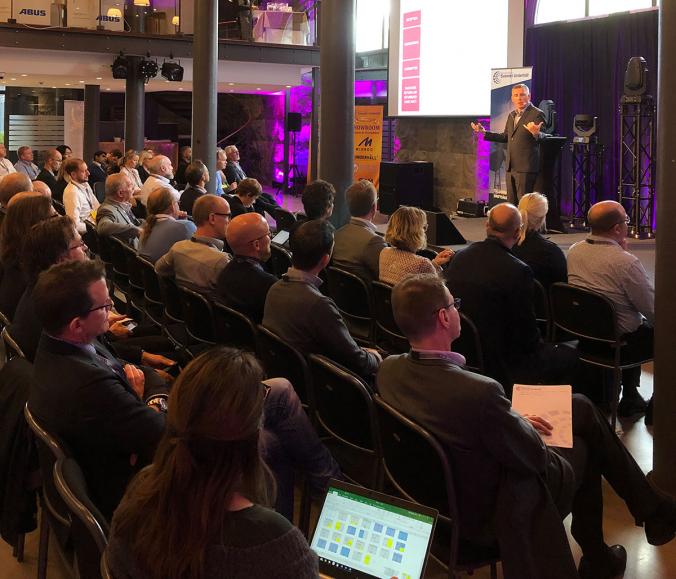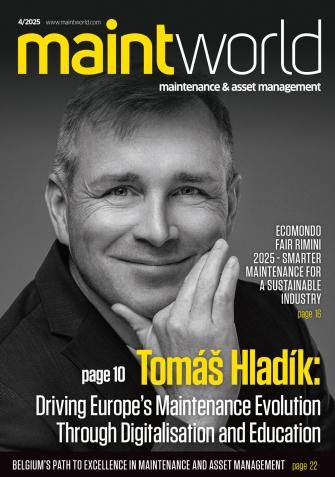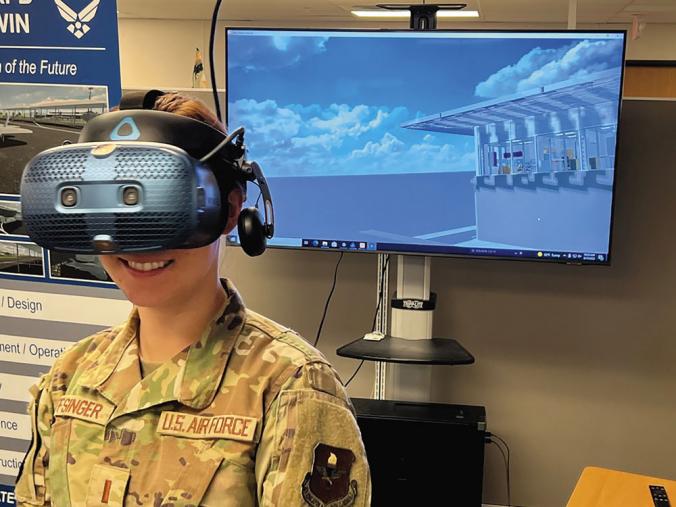The Swedish Maintenance Society celebrated its 50th anniversary
The Swedish Maintenance Society (SvUH) hosted a two-day conference in October offering a slew of inspiring industrial maintenance-related presentations to follow as well as excellent networking opportunities. The event was organized to celebrate the society’s 50th anniversary.

At the event several speakers from the business and academic worlds alike focused on how artificial intelligence (AI) is influencing maintenance operations of the future. Discussion especially centred on how the collection and analysis of massive amounts of data is transforming the ways maintenance operations are performed. Predictive maintenance (PdM) was a key theme: above all, how technological advances are increasing the possibility of predicting when it is time to perform maintenance operations.
Jerry Johansson from Astra Zeneca explained in his presentation how the pharmaceutical company has tested AI in their production facility in Södertälje, Sweden. The company began by analyzing historical data collected from three machines during a period of two years. Next the company plans to start using the methodology with real-time data.
– Initially, I was hesitant and thought we would only see quality deviations, but I was wrong. It worked well and it is great to seewhat we can do with relatively little effort. Many believe that artificial intelligence completely changes maintenance work and that it is the solution to many problems. But it is not so easy to get started and get good results.
Education a key theme
Education was another important theme. Philip Tretten from Sweden’s Luleå University of Technology lectured on how his employer works to train future maintenance engineers for the challenges they will face in the future. He also admitted that despite the industry’s need for highly qualified maintenance workers, finding students can be tough. This is a potential future threat that requires swift measures in order to help boost the image of maintenance professions among potential students.
Project Manager Tomáš Hladík at Logio s.r.o. introduced in his presentation eight rules for effective spare parts management. These included the needs to go for preventive maintenance practices, segment your spare parts portfolio, evaluate spare parts criticality and the requirement to consider the whole life cycle of your equipment.
These things, when considered, can result in reduced carrying costs, reduced performance interruption, and improved overall efficiency.
Finance and maintenance were the focus of steelmaker Ovako’s maintenance manager Charlotta Backman. What does an unplanned maintenance stop cost? It can cost huge sums that you do not necessarily see, ranging from technical inaccessibility and delayed deliveries to the worst that can happen with accidents. Ovako uses a Failure Mode and Effects Analysis (FMEA) specially focused on maintenance. With this tool they can prioritize maintenance and get a better picture of what their maintenance operations really cost.
In addition to lectures, the conference also included a mini-fair with several exhibiting companies. The event took place at the Munich Brewery in Stockholm on 3–4 October.
Text: Nina Garlo-Melkas Photo: SvUH




![EMR_AMS-Asset-Monitor-banner_300x600_MW[62]OCT EMR_AMS-Asset-Monitor-banner_300x600_MW[62]OCT](/var/ezwebin_site/storage/images/media/images/emr_ams-asset-monitor-banner_300x600_mw-62-oct/79406-1-eng-GB/EMR_AMS-Asset-Monitor-banner_300x600_MW-62-OCT.png)



